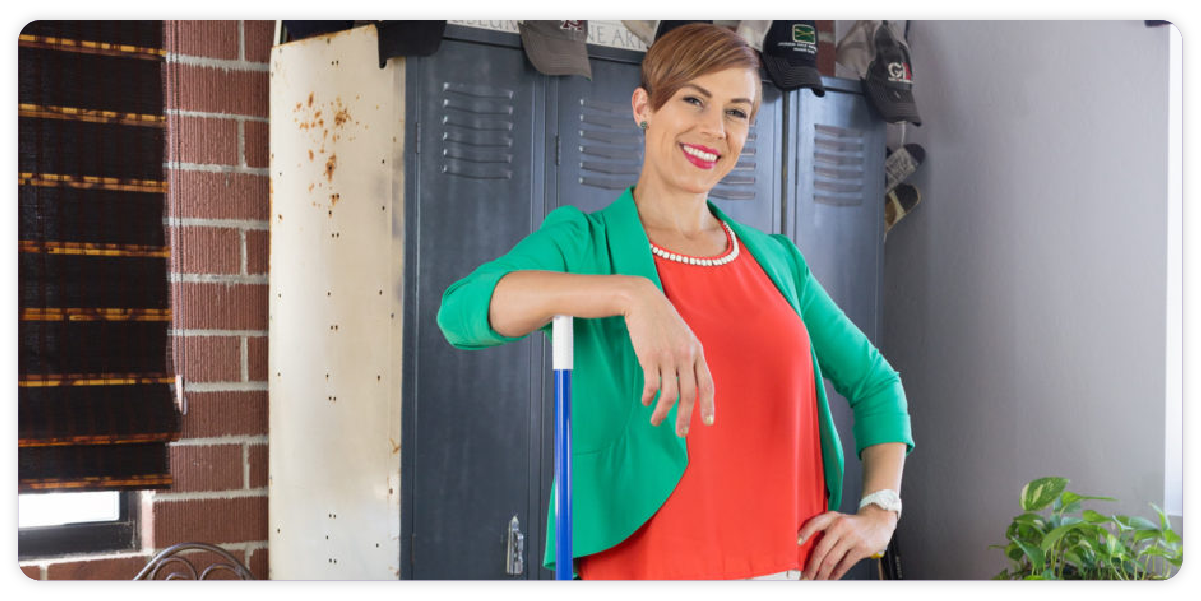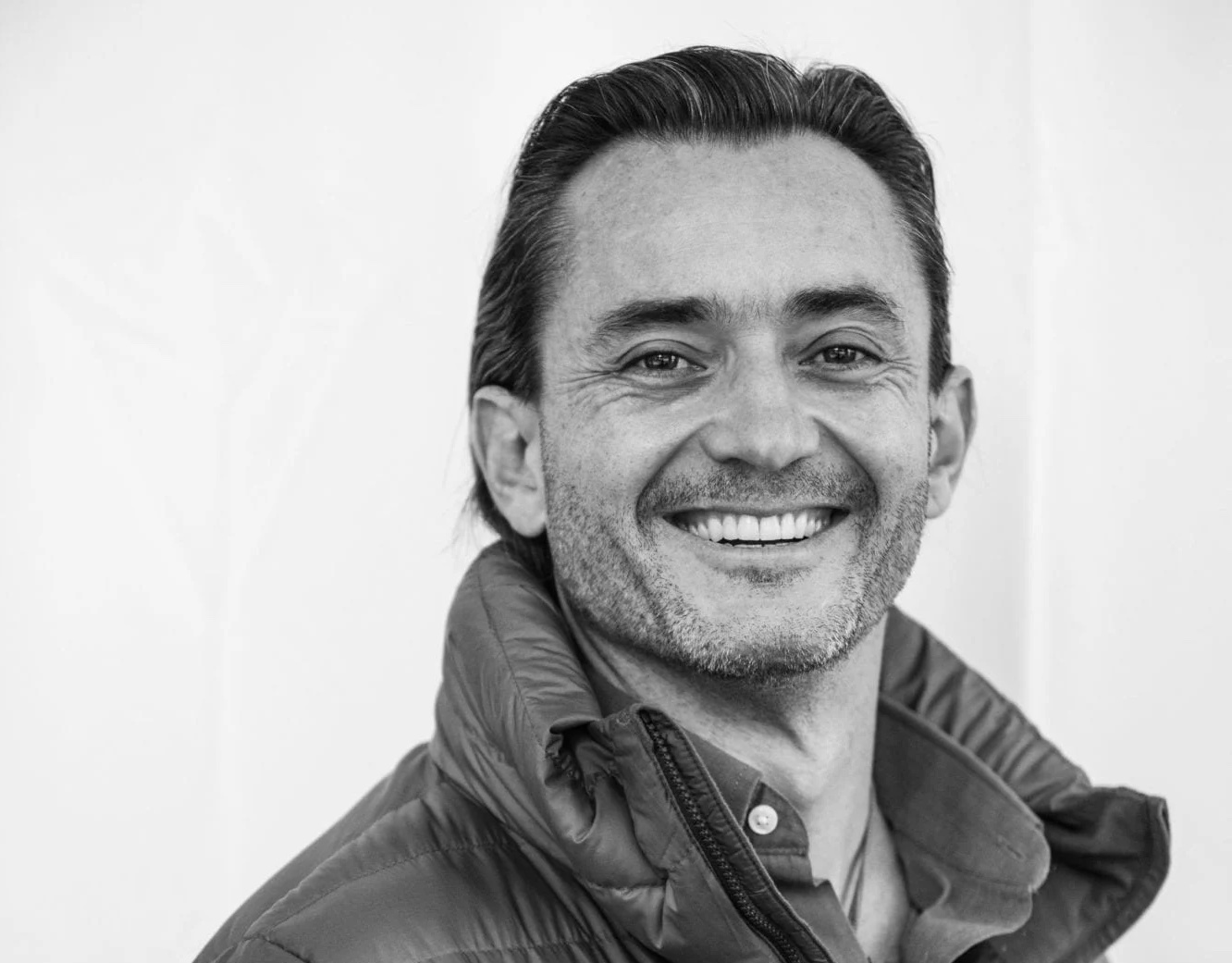
Articles
Going Green Doesn’t Always Bring in the Green. But These Businesses Profited Big.
April 20, 2022

This Friday is Earth Day, and we’re going to be talking about one of the hottest business topics in recent years: sustainability.
In the broadest sense, sustainability refers to “the ability to be maintained at a certain rate or level” (H/T, Google). But in the past few years, the word “sustainability” has come to refer to our ability to avoid the depletion of natural resources so that future generations can meet their needs.
In other words, when we say “sustainability,” we’re talking about the actions we’re taking that have a neutral or good environmental impact. It’s a trend that has been gaining popularity over the years, and it’s affecting how people spend.
In a 2019 Nielsen study, 73% of global consumers stated they would change their consumption behavior to decrease their environmental impact. In a different study from October 2021, Simon-Kucher found that 85% of consumers had already changed their spending behavior to be more sustainable.
It’s pretty compelling proof that people care enough about sustainability to change their spending habits. And where consumers go, businesses will follow.
Companies like Nike and Starbucks have recently made sustainability a core focus of their plans, detailing how they’re planning to be more environmentally conscious going forward. There are some companies, however, who have made sustainability the foundation of their business — right from the very start. And their dedication is reflected in their profits.
We had the chance to sit down with three business leaders whose companies were founded on the value of sustainability. Find out why green practices are important to them, what the fruits of their labor look like, and how you can make going green profitable for your SMB.
Quotes have been edited for clarity and brevity.
Going GreenHouse
Going GreenHouse is a non-toxic house cleaning company based in Tempe, AZ. CEO and founder April Prothero started the company 11 years ago because she noticed that the store-bought cleaning supplies she used were making her sick. April then developed her own cleaning products using natural ingredients that achieved the same result as the more toxic supplies she formerly used. What started as a solo operation, has now turned into a growing business with 19 full-time employees.

How do you incorporate sustainability into your business?
🌱 April: “Aside from the milder cleaning supplies that we use, we have company vehicles and assign carpool routes every morning so that our teams aren’t driving all over town. And also, one of our main marketing funnels are condos, so we don’t have to drive at all between services.”
Why is sustainability important to you?
🌱 April: “I really hate waste. And one of our core values is non-toxic commitment, and so when clients ask us to use certain toxic products, we try to encourage and educate them on a more non-toxic way of cleaning. I know that just one person doesn’t make a huge impact, but one person educating a team or community of people can certainly make a difference.”
What are some of the challenges in promoting sustainability in your business?
🌱 April: “Some people don’t care about sustainability at all. But I’ve realized that those people just aren’t the right clients for us, because there are people who appreciate what we’re doing. And there’s enough of a market that we don’t have to serve the people who don’t agree with the products we use.”
What are some of the returns you’re seeing from sustainability?
🌱 April: “I feel like the greatest impact of our green practices is that our team can feel safe knowing that they’re spending 40 hours a week without being exposed to harsh chemicals. My team appreciates that we care about our environment and their health. Finding good, reliable, and hardworking employees is especially hard in this industry, and making sure that they feel appreciated and cared for in that way goes a long way as far as my retention. And I couldn’t do the sales that I’m doing without my team.”
What advice would you give to other SMBs?
🌱 April: “I always say that it’s so overwhelming to think, ‘how can I change the world?’ Choose one thing and start doing that. Put a recycling bin in your office, take a walk during your lunch break and pick up litter. One thing we’ve started doing is planning six months out and ordering our supplies in bulk. Choose one thing and build it into a routine. Make it easy for yourself.”
Protect Our Winters
In 2007, snowboarder Jeremy Jones founded Protect Our Winters (POW), a nonprofit organization that brings together influential athletes, creatives, and business leaders to advocate for systemic policy changes to combat climate change. Along with executive director Mario Molina, the POW team educates and works with businesses that are actively engaged in the civic process.

How do you incorporate sustainability into your business?
❄️ Mario: “We do the standard sustainability practices, like recycling. We also keep track of our carbon intensity when we travel for business. And we noticed that during COVID, a lot of the carbon intensity of operating an office has gone away because so many of us have been remote for the past two years.”
Why is sustainability important to you?
❄️ Mario: “We’re a group founded by snowboarder Jeremy Jones. After several expeditions to Alaska and the Himalayas, he realized that climate change was really affecting the landscapes he loved. So, our goal is to protect the places we love to live and play in now and for future generations.”
What are some of the challenges in promoting sustainability in your business?
❄️ Mario: “Carbon offsets are not a magic bullet. They’re the wild west of climate right now. The idea behind a carbon offset is you pay a certain amount for every amount of carbon you emit. And that money is invested in renewable energy projects or ways to remove carbon from the atmosphere, like reforestation. Large institutions who have pledged to be net-zero are offsetting their emissions by buying carbon offsets. The challenge is we’re emitting more carbon than what we can remove right now.”
What are some of the returns you’re seeing from your sustainability?
❄️ Mario: “A lot of what we do is provide the basics, information, and ways businesses can be engaged, and a lot of businesses start figuring it out on their own. One of these businesses, through their engagement with POW, has become a really strong advocate at the state and federal level and has gone on to become a B-corp [ed note: B-corp is a certification for social and environmental performance]. We see ourselves as a resource to help businesses develop.”
What advice would you give to other SMBs?
❄️ Mario: “One of the best things that a small or medium-sized business can do is look at their energy bill. Where is the energy coming from? And then, reach out to your utility provider and ask for as much of that energy to come from renewable sources as possible. But to make systemic change, advocacy from businesses at the state and federal level is the most important thing any business can do, regardless of size.”
Cocokind
Founder and CEO Priscilla Tsai started Cocokind seven years ago as a conscious beauty brand concentrated on skin barrier and hydration health — the keys to glowy and healthy skin. As a value-oriented brand, they anchor themselves on transparency, community, and self-acceptance.
Priscilla founded the company because of the frustration she had with the beauty products she was using. She wanted better quality products at more affordable prices. Plus, she felt that consumers didn’t understand what they were really getting from the beauty products that were available. (Hello, transparency!)

How do you incorporate sustainability into your business?
🧴 Priscilla: “The start of everything is measurement. We put a lot of energy into measuring our carbon footprint. We’re the only beauty brand to have a carbon label on every product. We also do a lot of research into our sustainability efforts. We talk to our supply chain to see where they’re at in their sustainability journey, and we do a lot of independent research — like whether post-consumer recycled plastic is better than bioplastics — to develop what’s best for the business.”
Why is sustainability important to you?
🧴 Priscilla: “I was really inspired by the changes in the food industry eight years ago. Whole Foods Market was a great example of a business trying to do better. I really appreciated that business could be a method for a lot of the change we want to see. We can still be for-profit while doing things in a better way.”
What are some of the challenges in promoting sustainability in your business?
🧴 Priscilla: “So many companies are aiming for carbon neutrality, but the issue is, when you purchase those credits for carbon offsets, you could pay $2, $10, $100 per carbon ton. So obviously, as a small business, you’re going to choose the cheapest option. But that $2 project might be very short-term compared to the $100 option. When we did more research, we established our carbon fund to pay for these more expensive projects because we believe in them. So cost is a factor. Some things are more affordable, some are way more expensive when it comes to making the mark for an environmentally-friendly option.”
What are some of the returns you’re seeing from your sustainability?
🧴 Priscilla: “Our consumers love our products, but there are a million different products out there. So I believe that it’s our values that differentiate us. That’s number one. And number two, even as a smaller business, you can impact a lot of other businesses. People have taken a lot of inspiration from the work that we’ve done, which is exciting.”
What advice would you give to other SMBs?
🧴 Priscilla: “You don’t know what you don’t know. There’s so much to learn. Humility is required when it comes to all things sustainability. You might derive a conclusion today that you might need to change tomorrow, and that’s totally okay. And as a small business, you’re not going to have the resources to invest in this research, so leverage what’s out there. And as you grow over time, make sure your efforts are growing alongside your business growth.”
Huge thanks to April, Mario, and Priscilla for sharing their thoughts and expertise!
Similar Blog Posts





.jpeg)




